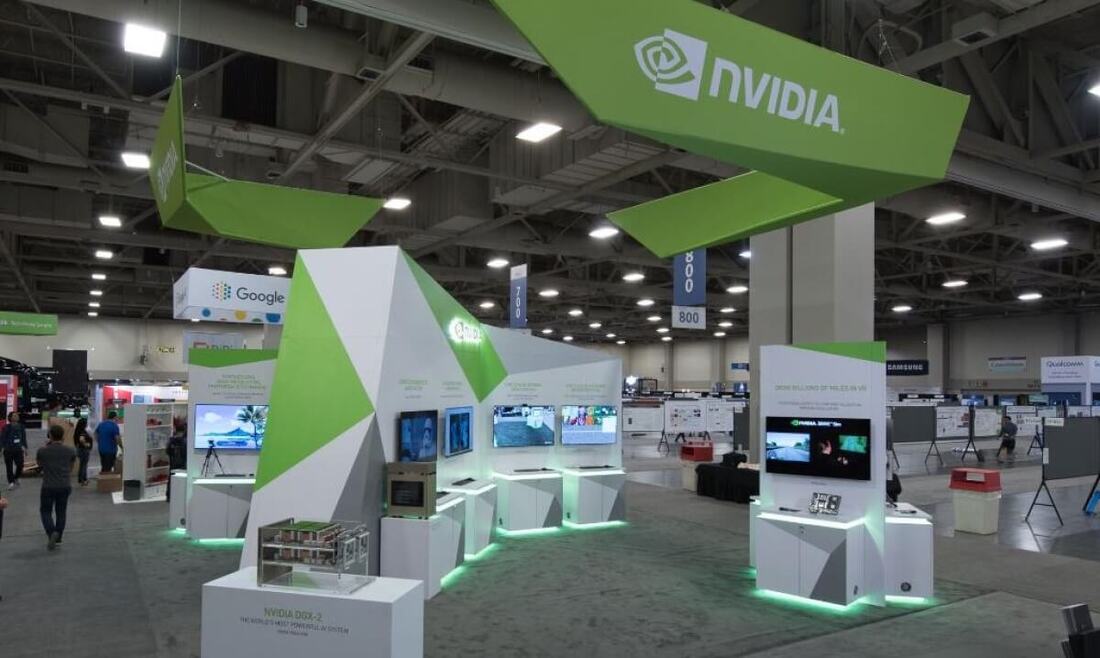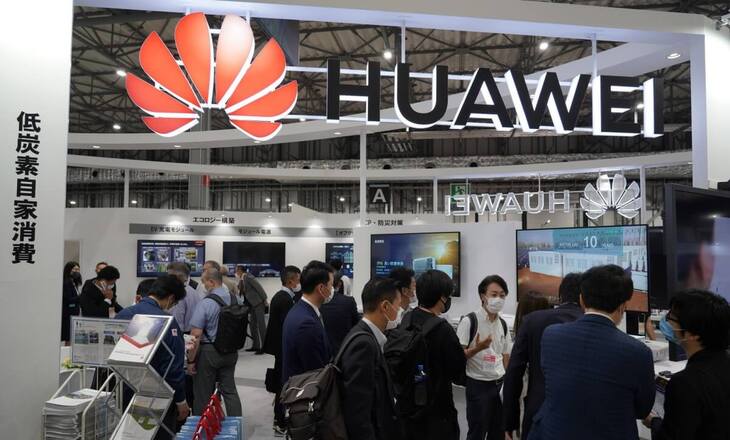NVIDIA had to lower the price of its most sophisticated AI processor, the H20, in order to stay competitive in the Chinese market as a result of poor sales, according to Reuters. In order to preserve its position in the Chinese market, NVIDIA is reportedly pricing the H20 lower than competing chips from Huawei, according to the Reuters report.
Late last year, NVIDIA introduced the H20 processor to the Chinese market together with two additional AI chips. These chips were created to get around the strict export control laws governing cutting-edge semiconductor technologies in the United States. In order to compete with Huawei’s Ascend 910B AI chip, NVIDIA decided to provide substantial discounts because the H20 has not achieved the anticipated traction despite these efforts, stated Reuters. In Reuter’s report, according to people familiar with the situation, NVIDIA was forced to supply some H20 processors at a price lower than 10% in comparison to Huawei’s product, as reported by Reuters. The fierce rivalry NVIDIA confronts in China would be shown by this pricing approach, particularly as Huawei gets ready to ship more Ascend 910B chips – which are said to beat the H20 in a number of criteria.
US Prohibitions on the Export of AI Chips
The difficulties NVIDIA is facing in China would be part of larger issues caused by US prohibitions on the export of AI chips. Since the new export rules were put in place in October, NVIDIA’s data center revenue in China has dropped dramatically, stated Reuters. These restrictions have had a major negative impact on this business. NVIDIA CEO Jensen Huang discussed the competitive environment in China on a recent first-quarter earnings call, highlighting the challenges brought on by their technology’s limits.
The impact of U.S. sanctions and Huawei’s rivalry have raised doubts about NVIDIA’s future in a market that had previously contributed considerably to its revenue. China contributed 17% of NVIDIA’s sales in the fiscal year 2024, according to Reuters, underscoring the significance of the area to the company’s overall financial stability.
The difficulties NVIDIA had in China may be a sign of what lies ahead for other businesses that compete in highly controlled nations. Companies like NVIDIA might need to modify their approaches as the market develops further in order to sustain their market shares and spur expansion in the face of growing challenges.
Read the entire article on the Reuters website here.











